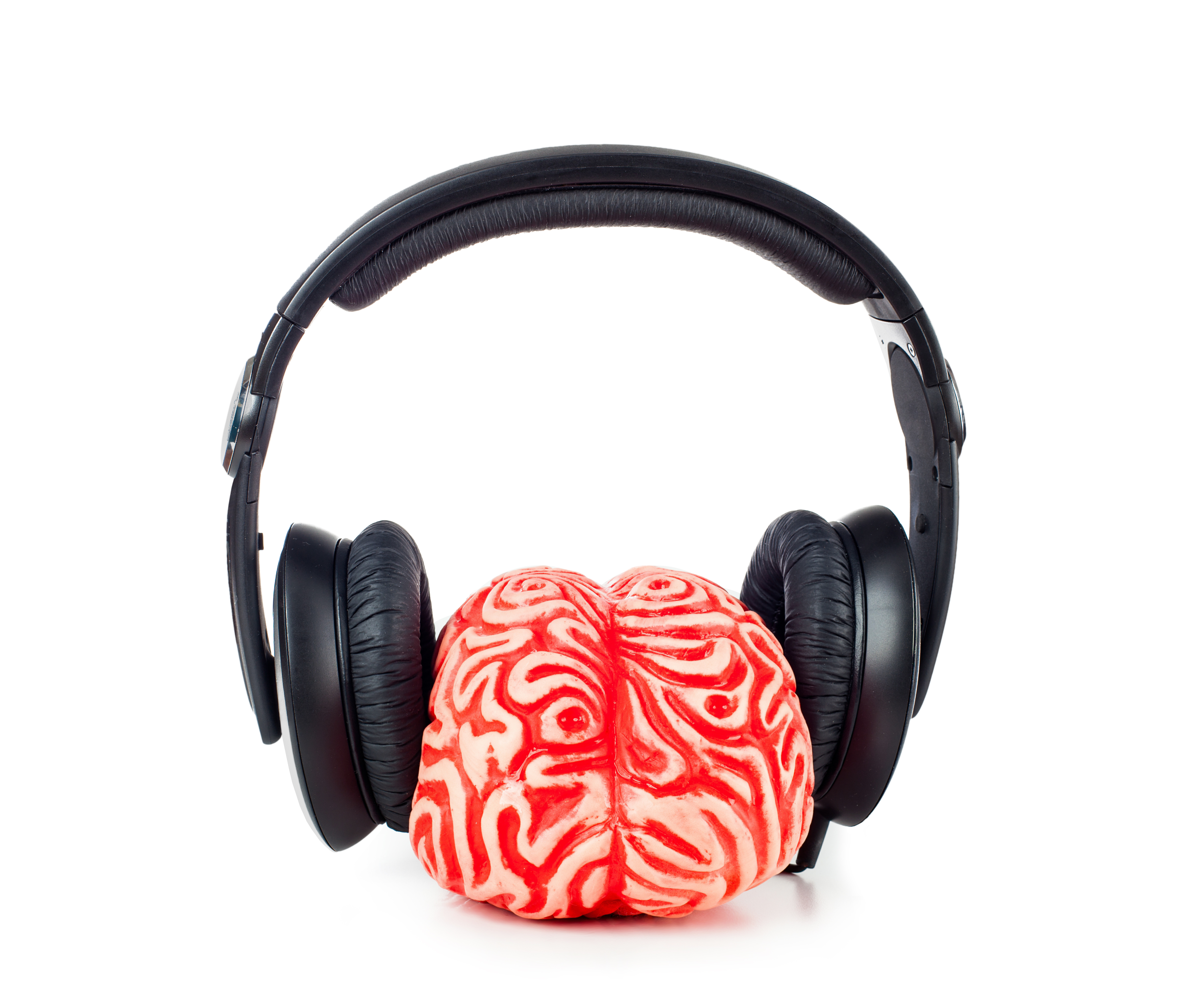Harmonious Reasons Music Elevates the Spirit and Enriches the Soul
Music, often described as the universal language, transcends boundaries and speaks directly to the human soul. Its power to evoke emotions, stir memories, and inspire change is unparalleled. This article explores why music holds such a profound place in our lives, focusing on seven harmonious reasons it elevates the spirit and enriches the soul. From its ability to enhance emotional well-being to its role in fostering community, music is more than just an art form—it is a vital part of the human experience. Join us as we delve into the symphony of ways music impacts our lives, offering solace, joy, and a deeper connection to ourselves and others.
Emotional Resonance: The Heart's Melody

Music's ability to resonate emotionally is one of its most profound qualities. It has the power to amplify joy, provide comfort in sorrow, and articulate feelings that words alone cannot express. Research has shown that listening to music can trigger the release of neurotransmitters like dopamine, which enhances mood and induces feelings of happiness. Whether it's the soothing notes of a classical piece or the energizing beat of a rock anthem, music meets us where we are emotionally, offering a soundtrack to our lives. This emotional resonance not only helps us process our feelings but also fosters a deeper understanding of ourselves and others.
Cognitive Enhancement: The Brain's Symphony

Beyond its emotional impact, music plays a crucial role in cognitive development and enhancement. Studies have shown that engaging with music, whether through listening or playing an instrument, can improve memory, attention, and problem-solving skills. This is because music activates multiple areas of the brain, creating new neural connections and enhancing overall brain function. The intricate patterns and rhythms of music stimulate the brain's executive functions, leading to improved cognitive abilities. This makes music not only a source of emotional solace but also a tool for intellectual growth, enriching our mental faculties and sharpening our minds.
Social Connection: The Community's Chorus

Music has an unparalleled ability to bring people together, fostering a sense of community and belonging. It acts as a social glue, connecting individuals across diverse backgrounds and cultures. Participating in musical activities, such as concerts, choirs, or dance events, provides a shared experience that strengthens social bonds and promotes empathy. Studies have shown that group musical activities can increase feelings of connectedness and reduce social anxiety. This communal aspect of music creates a harmonious environment where individuals can express themselves freely and connect with others on a deeper level, enriching both personal and collective experiences.
Cultural Identity: The Heritage's Harmony

Music is a powerful vehicle for expressing and preserving cultural identity. It carries the stories, traditions, and values of a community, acting as a living archive of cultural heritage. Through music, individuals can explore their roots and connect with their ancestry, fostering a sense of pride and belonging. Ethnomusicology, the study of music in its cultural context, highlights how music reflects the social and historical aspects of a culture. By engaging with diverse musical traditions, we gain a deeper appreciation for the richness of global cultures, promoting cross-cultural understanding and respect. Music, therefore, serves as a bridge between past and present, connecting us to our heritage and to each other.
Therapeutic Benefits: The Healer's Rhythm

The therapeutic benefits of music are well-documented, making it a powerful tool in both physical and mental health care. Music therapy has been shown to reduce stress, alleviate pain, and improve emotional well-being. It is used in various clinical settings to support patients with conditions such as depression, anxiety, and chronic pain. The rhythmic and repetitive elements of music can induce a meditative state, promoting relaxation and healing. Moreover, music therapy provides an outlet for expression and communication, especially for those who find it challenging to articulate their feelings verbally. This healing aspect of music underscores its role as a vital component of holistic health care.
Spiritual Connection: The Soul's Serenade

Music has long been intertwined with spirituality, serving as a conduit for transcendent experiences and divine connection. Many spiritual practices incorporate music as a form of worship, meditation, or ritual, recognizing its ability to elevate the spirit and deepen the sense of the sacred. The ethereal qualities of music can evoke a sense of wonder and awe, facilitating a connection to something greater than ourselves. This spiritual dimension of music allows individuals to explore their beliefs, find inner peace, and experience moments of profound insight and clarity. Through its spiritual resonance, music enriches the soul, offering a pathway to transcendence and enlightenment.
The Eternal Symphony

As we have explored, music's impact on the human experience is vast and multifaceted. It resonates emotionally, enhances cognitive abilities, fosters social connections, preserves cultural identities, provides therapeutic benefits, and facilitates spiritual exploration. Each of these harmonious reasons underscores why music is an essential part of life, offering a sanctuary for the spirit and nourishment for the soul. Whether we engage with music as listeners, performers, or creators, we participate in an eternal symphony that enriches our lives in innumerable ways. In the end, music is not just an art form; it is a vital force that elevates and enriches the human experience, weaving a tapestry of harmony that binds us all.